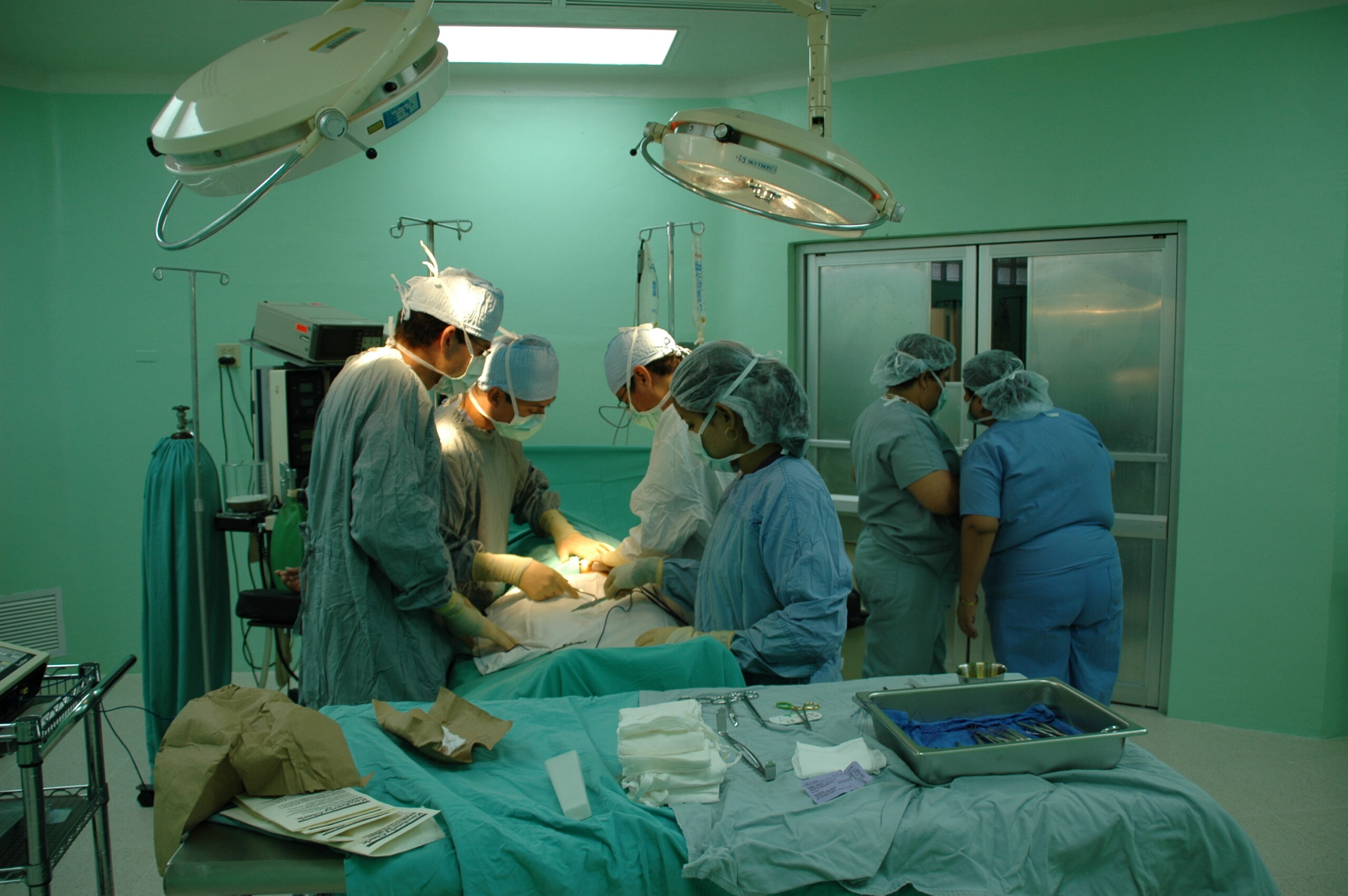Recovery After Surgery: Nurturing Your Path to Wellness – Recovery after surgery is a crucial phase that demands attention, care, and patience. Whether you’ve undergone a minor procedure or a major surgery, the postoperative period plays a pivotal role in determining the overall success of the intervention. In this comprehensive guide, we’ll navigate through the intricacies of post-surgery recovery, offering practical tips and insights to make this journey as smooth as possible.
Recovery After Surgery: Nurturing Your Path to Wellness

Introduction
Recovering from surgery is not just a physical process; it’s a holistic endeavor that involves both the body and the mind. Understanding the nuances of the recovery journey is the first step toward a successful and fulfilling healing process.
Preparation for Recovery
Before the surgery even takes place, mental and emotional preparation is key. Ensuring you have a supportive environment at home, both physically and emotionally, can significantly impact the recovery experience.
Post-Surgery Care Tips
Once the surgery is completed, diligent care is required. This includes proper wound care, monitoring for any signs of infection, and strict adherence to medication schedules.
Physical Rehabilitation
Physical therapy is often a critical component of recovery. Gradual introduction of exercises, as recommended by healthcare professionals, aids in restoring mobility and strength.
Nutritional Support
A well-balanced diet is instrumental in the healing process. Nutrient-rich foods play a vital role in replenishing the body’s resources and supporting tissue repair.
Managing Pain Effectively
Pain management is a top priority during recovery. From prescribed medications to alternative methods like meditation or acupuncture, finding the right approach for you is essential.
Rest and Sleep
Adequate rest is a cornerstone of recovery. Creating a comfortable sleep environment and prioritizing sufficient rest contribute significantly to the healing process.
Monitoring Progress
Regular check-ups with healthcare professionals allow for the monitoring of progress and early detection of any complications. It’s crucial to stay vigilant and communicate any concerns promptly.
Emotional Well-being
The emotional toll of surgery should not be underestimated. Coping with stress and anxiety, and seeking professional support if needed, are integral aspects of the recovery journey.
Returning to Normal Activities
Reintroducing daily activities gradually is essential for a successful recovery. Setting realistic expectations and listening to your body are key factors in this phase.
Support System
Having a strong support network can make a world of difference. Family and friends play a crucial role in providing emotional support and practical assistance during recovery.
Common Challenges During Recovery
Challenges are inevitable, but knowing how to navigate setbacks and overcoming psychological hurdles are essential skills for a successful recovery.
Celebrating Milestones
Acknowledging and celebrating small victories along the way can boost morale and provide motivation to continue the journey towards full recovery.
Tips for a Smooth Transition Back to Regular Life
Balancing work and recovery requires careful planning. Incorporating the lessons learned during recovery into daily life can lead to lasting positive changes.
Conclusion
In conclusion, the path to recovery is unique for each individual, but the principles outlined here can serve as a guide. Remember, recovery is not just about healing the body; it’s about nurturing your overall well-being. Be patient, stay positive, and celebrate each step forward.
FAQs
Q1: How long does the recovery process usually take?
The duration of recovery varies based on the type of surgery and individual factors. It’s essential to follow healthcare professionals’ advice for a more accurate estimate.
Q2: Can I resume normal activities immediately after surgery?
Resuming normal activities depends on the type of surgery and your healthcare provider’s recommendations. Gradual reintroduction is typically advised.
Q3: Are there any foods to avoid during recovery?
While there’s no one-size-fits-all answer, avoiding processed foods and prioritizing a nutrient-rich diet can promote faster healing.
Q4: How can I manage post-surgery pain without relying solely on medications?
Alternative methods such as acupuncture, meditation, and physical therapy can complement traditional pain management strategies.
Q5: Is it normal to experience emotional challenges during recovery?
Yes, emotional challenges are common. Seeking support from loved ones or a mental health professional can be beneficial.




